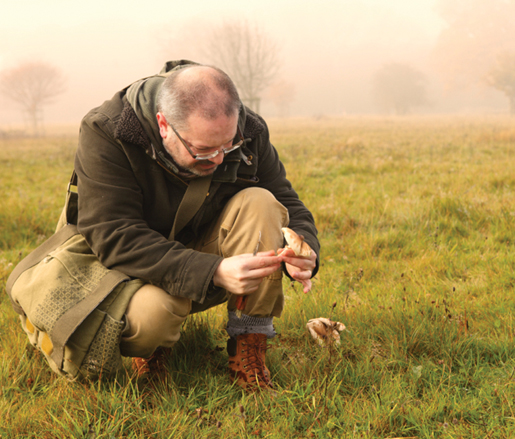
At one of our recent sustainability salons, we gained new insight into restrictions that farmers, chefs, and suppliers face when it comes to foraged food. Foraging regulations shift from state to state, creating gaps in access to local resources. In South Carolina, for example, wild mushroom regulations are more strict than in other parts of the country. While the FDA simply requires that wild mushrooms are to be inspected and approved by identification experts in order to qualify as commodities in the marketplace, South Carolina restricts any mushrooms harvested in the wild from being sold as merchandise or served in restaurants. For some members of the local community, this is a troubling waste of natural resources. “I’ve been approached by several landowners offering chanterelles from their property, but my hands are tied,” says Sara Clow of GrowFood Carolina, a food hub based in Charleston. “Restrictions for health reasons are important, but a blanket ban is shortsighted and a waste of nutritious, healthy food right in our own backyards. I think it’s critical that we re-evaluate our state and federal regulations; as long as we have people with the proper training in place, there’s no reason the market shouldn’t be open to foraged products.”
Be sure to check the local guidelines in your state!






